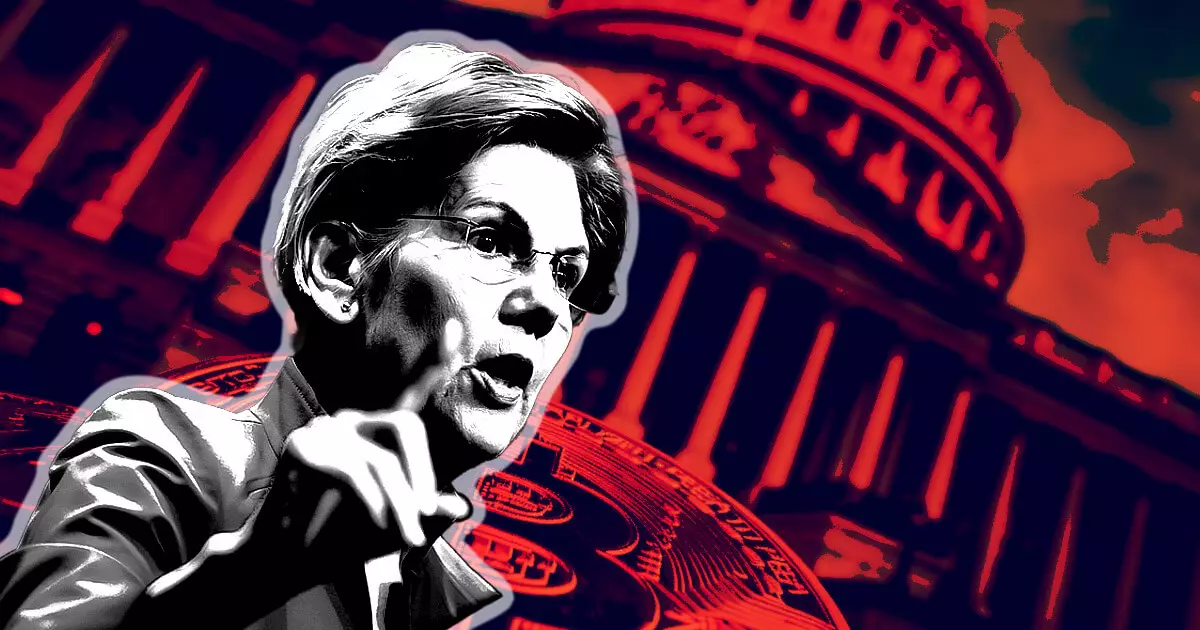In recent months, attention has centered on whether major cryptocurrency platforms like Binance truly abide by their legal commitments, or if they are merely skating by on the virtue of their size and influence. The fawning media and regulatory bodies often portray these exchanges as entities slowly aligning with traditional financial standards. However, a closer look reveals a disturbing pattern: regulatory enforcement is either superficial or inconsistent, leaving the financial ecosystem vulnerable to systemic abuse. Binance, the world’s largest crypto exchange, epitomizes this contradiction. Despite paying hefty fines and signing settlement agreements worth billions, key details about compliance remain obscured. Authorities seem more concerned with ticking procedural boxes than instituting meaningful oversight, allowing Binance to operate in a regulatory grey zone that poses a risk to broader financial stability.
Regulatory Facade versus Reality
Lawmaker scrutiny, exemplified by Senator Elizabeth Warren’s recent demands, underscores the fundamental inadequacy of current oversight mechanisms. When federal prosecutors confirmed Binance paid the penalties but failed to verify ongoing compliance, it exposed the illusion of diligence. The appointment of a compliance monitor was supposedly a linchpin in curbing illicit activities. Yet, the fact that authorities are contemplating its removal signals a troubling complacency that undermines the entire regulatory effort. Cryptocurrencies continue to flourish in an environment where laws appear to be enforcement crockery—fragile and easily broken. Such an environment fosters reckless risk-taking, imperiling legitimate businesses and innocent investors alike, all without the accountability that traditional financial institutions are held to.
The Political and Economic Gambit
Beyond technical compliance, Binance’s brushes with authorities reveal a deeper issue: the political entanglements of a burgeoning decentralized economy. The exchange’s connections—questioned in last year’s settlements—gesture toward a broader trend of financial institutions operating at the fringes of, or beyond, regulatory reach, often with political cover. Senator Warren’s focus on interactions with the Trump administration and entities like World Liberty Financial highlights the emerging suspicion that crypto platforms are leveraging political loopholes. Meanwhile, the excessive penalties and jail sentences handed to key figures like Changpeng Zhao serve more as spectacle than substance—intended to placate public outrage rather than enforce genuine deterrence. This regulatory charade, while claiming to protect the public interest, often leaves systemic vulnerabilities unaddressed.
The Future of Crypto Regulation: A Center-Right Perspective
From a pragmatic, center-right perspective, the current approach to cryptocurrency regulation verges on misguided optimism. Authorities rightly recognize the need for oversight, but their half-hearted measures and reactive stance are insufficient. These platforms thrive in ambiguity, and until clear, enforceable standards are established—standards that align with sound economic principles rather than political expediency—the risk of catastrophic failure remains. It is imperative for regulators to strengthen their resolve, impose stricter accountability measures, and refuse to be complicit in what amounts to regulatory appeasement. Cryptocurrency’s promise is real, but only if it operates within a transparent, regulated framework that prevents abuse and upholds the rule of law. Anything less risks transforming a promising financial innovation into a Pandora’s box—a ticking time bomb that could destabilize markets and undermine economic stability at large.

